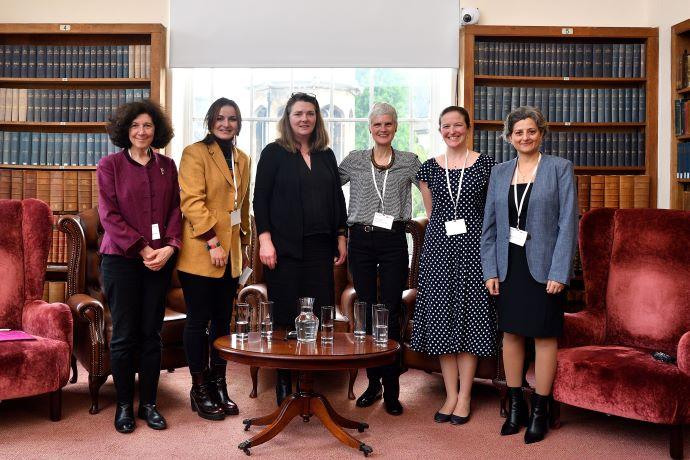During challenging economic times, investors tighten scrutiny over factors such as product-market fit, regulatory landscapes, and reimbursement strategies. For entrepreneurs and companies, it’s ever more crucial to adapt to changing conditions and focus on partnerships for external validation, risk reduction, and the preservation of financial resources.
Companies at the intersection of tech and bio need to understand the nuances of deep tech investors versus biotech investors, their distinct perspectives, risk appetite and typical ticket sizes. When approaching investors, it is important to carry out thorough due diligence and assessing their fit for the future of the business, drawing parallels between fundraising and the sales funnel process. Additionally, emerging exit routes beyond traditional pharmaceutical avenues, such as contract research organisations (CROs) and data companies are promising opportunities for future growth and innovation.
Nonetheless, amidst the economic downturn, both investors and entrepreneurs expressed optimism and resilience in the face of emerging opportunities that leverage the growing power of data. There’s a coming together of technology, people, skills and imaging that’s speeding up what is possible, with many more data products in the US approved in the reimbursement area. And inclusiveness is on the agenda when developing products.
A shift towards developing treatments for large indications such as cardiovascular diseases was also cited. Dilutive and non-dilutive funding from organisations such as the Dementia Discovery Fund and government, have transformed the viability of start-ups focussing on CNS (central nervous system) disorders.
Both investors and entrepreneurs acknowledged the light at the end of the economic downturn tunnel. As the biotech industry continues to evolve, events like BioBeat23 contribute significantly to the exchange of ideas and the fostering of innovation.
The organisers extend their gratitude to the speakers, panel chairs, and supporters for making the BioBeat23 event, Out of adversity comes opportunity, a success on 18 May at the Cambridge Union:
- Alisa Molotova, Investment Manager, Martlet Capital
- Barbara Domayne-Hayman, Entrepreneur in Residence, The Francis Crick Institute
- Carolyn Porter, CEO, CytoSeek
- Christine Martin, Head of Seed Funds, Cambridge Enterprise
- Fiona Nielsen, CEO, Neurolentech
- Hannah Sore, CEO, PharmEnable
- Jia Yi Har, Partner, Cathay Capital
- Miranda Weston-Smith, Founder, BioBeat
- Olivia Cavlan, Chief Corporate Development and Strategy Officer, Alchemab Therapeutics
- Oriane Chausiaux, CSO, Heartfelt Technologies
- Ruchi Sharma, CEO Stemnovate
BioBeat23 gratefully acknowledges the support of Appleyard Lees, bit.bio, Cambridge Judge Entrepreneurship Centre, Covington, Innovation Forum, Martlet Capital, and One Nucleus.


